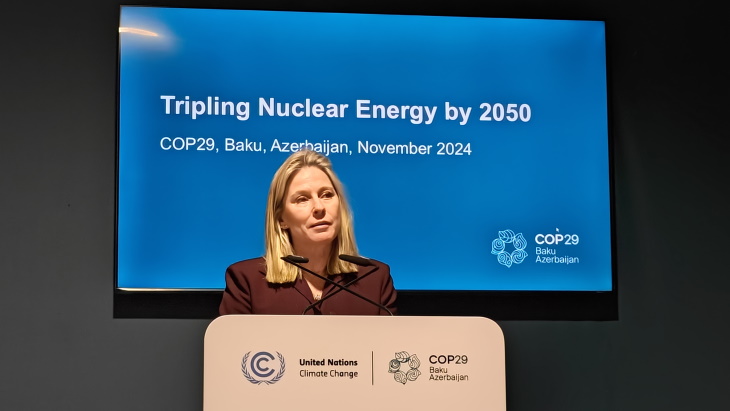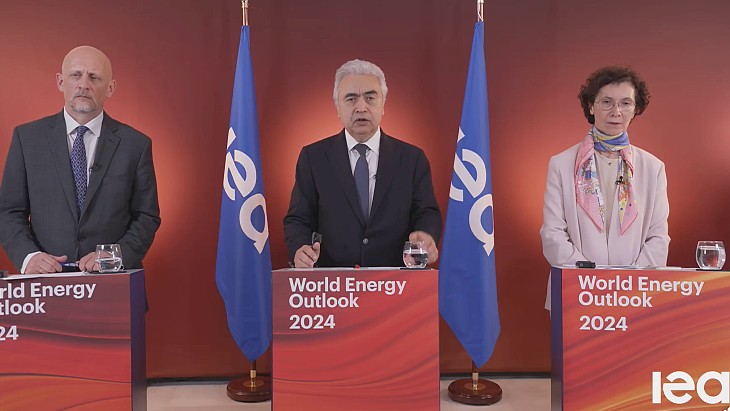G7 highlights technology-driven clean energy transition

In their Carbis Bay Communiqué, titled Our Shared Agenda for Global Action to Build Back Better, the G7 leaders noted the "clear roadmap" provided last month by the International Energy Agency and said they would prioritise the most urgent and polluting sectors and activities. They were joined at the summit by the heads of state of Australia, India, South Korea and South Africa. "We will continue to work together with these and all our partners in tackling global challenges," they said.
In the energy sector, the G7 said they will "increase energy efficiency, accelerate renewable and other zero-emissions energy deployment, reduce wasteful consumption, leverage innovation all whilst maintaining energy security". In their own countries, they are committed to achieving an "overwhelmingly" decarbonised power system in the 2030s, and internationally, to aligning official international financing with the global achievement of net-zero GHG emissions no later than 2050 and for deep emissions reductions in the 2020s.
"We will phase out new direct government support for international carbon-intensive fossil fuel energy as soon as possible, with limited exceptions consistent with an ambitious climate neutrality pathway, the Paris Agreement, 1.5°C goal and best available science. To be credible, ambitions need to be supported by tangible actions in all sectors of our economies and societies," they wrote in their communiqué.
Recognising that coal power generation is the single biggest cause of greenhouse gas emissions, domestically they have committed to rapidly scale-up technologies and policies that further accelerate the transition away from unabated coal capacity, consistent with their 2030 Nationally Developed Contributions and net-zero commitments.
"This transition must go hand-in-hand with policies and support for a just transition for affected workers and sectors so that no person, group or geographic region is left behind" they wrote.
International investments in unabated coal "must stop now", they wrote, adding they are committing to an end to new direct government support for unabated international thermal coal power generation by the end of 2021, including through Official Development Assistance, export finance, investment, and financial and trade promotion support.
On industry and innovation, they wrote that they will focus on accelerating progress on electrification and batteries, hydrogen, carbon capture, usage and storage, zero-emission aviation and shipping, "and for those countries that opt to use it", nuclear power.
They referred to the Green Powered Future Mission launched by the 6th Mission Innovation Ministerial that was hosted alongside the 12th Clean Energy Ministerial between 31 May and 6 June. This mission is the third and in addition to the Hydrogen and Shipping Missions. The G7 leaders said they "fully support" launching Mission Innovation phase two and the Clean Energy Ministerial third phase.
Responding the communiqué, Sama Bilbao y León, director general of World Nuclear Association, said: “If the G7 nations are committed to phasing out coal, then they will need to replace it with a low-carbon, affordable and around-the-clock proven energy source - only nuclear fits the bill."
She added: "Investing in nuclear energy will create jobs, reinvigorate economies and protect the planet. The G7 nations must turn their ambitions into actions and take all the steps necessary to maximise the contribution of nuclear power plants in operation today, and ensure a rapid and substantial increase in nuclear new build."

_99697.jpg)








_50521.jpg)

